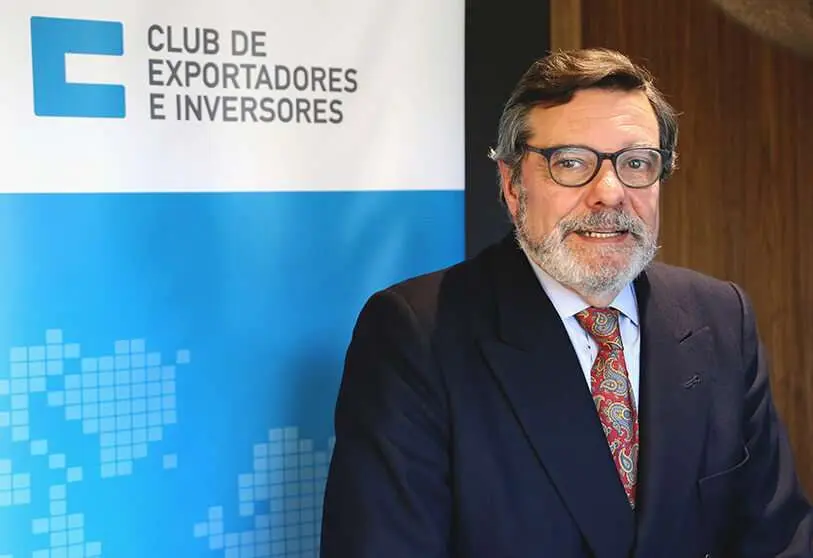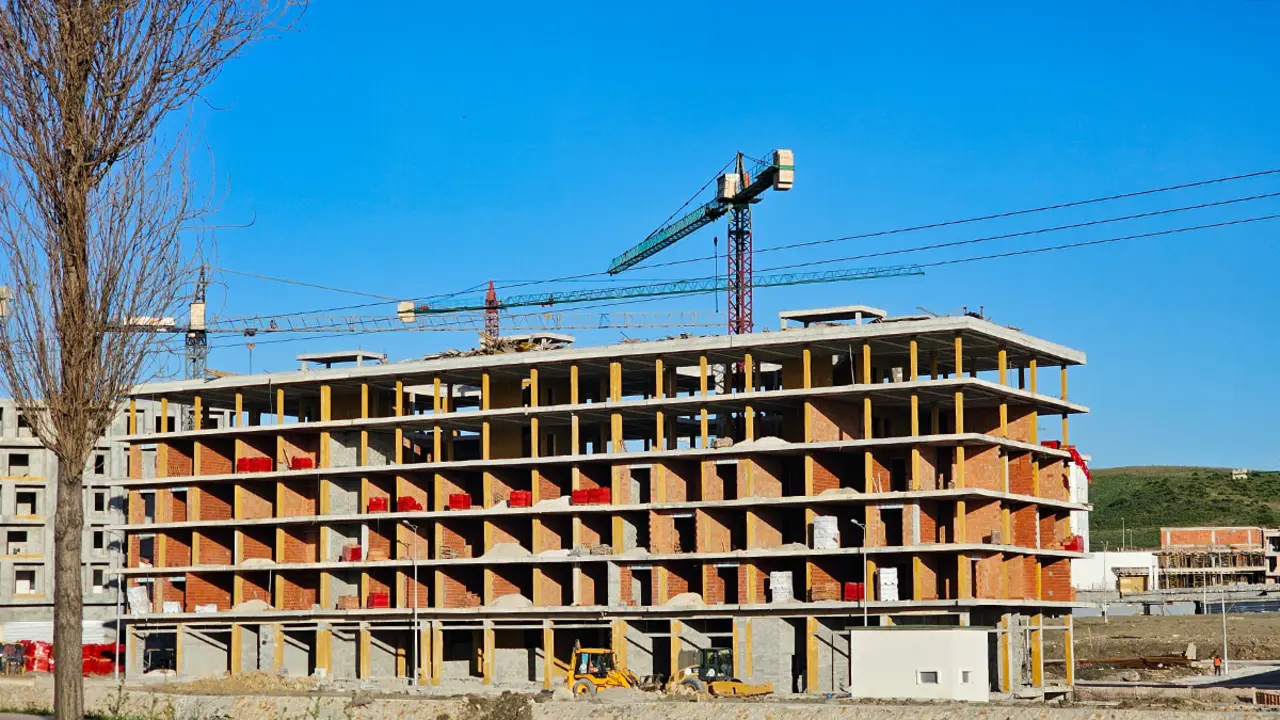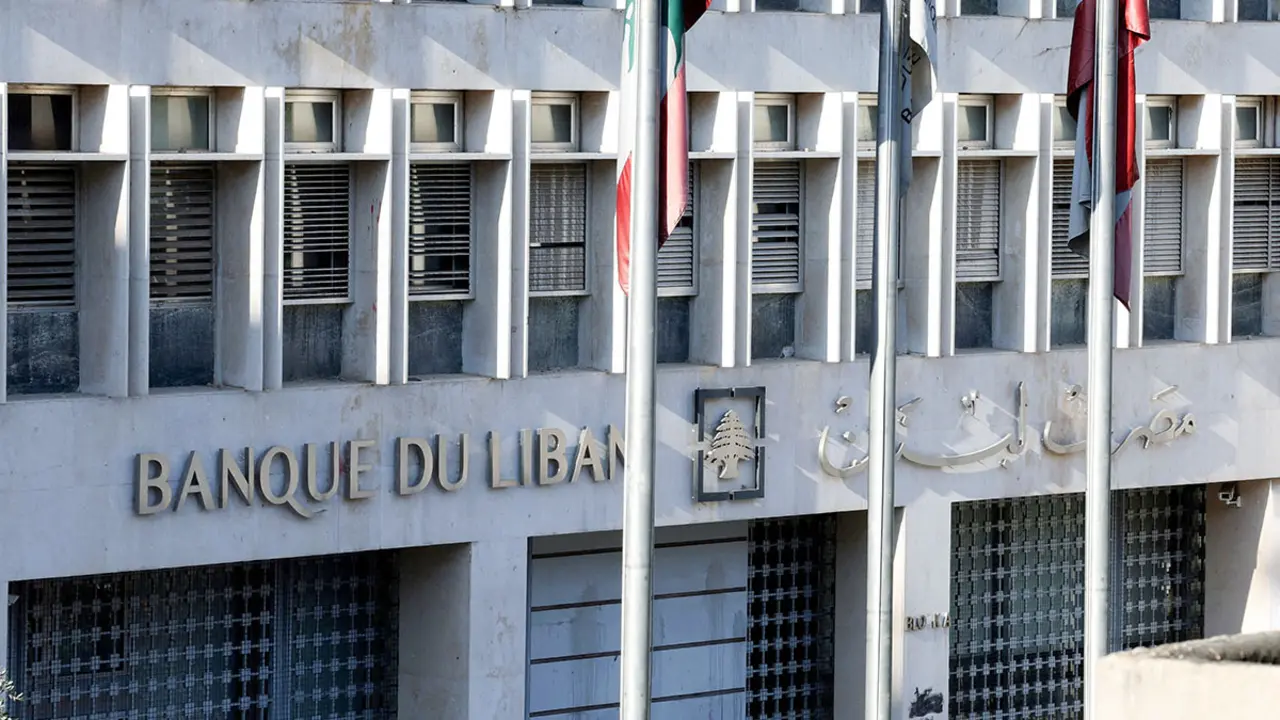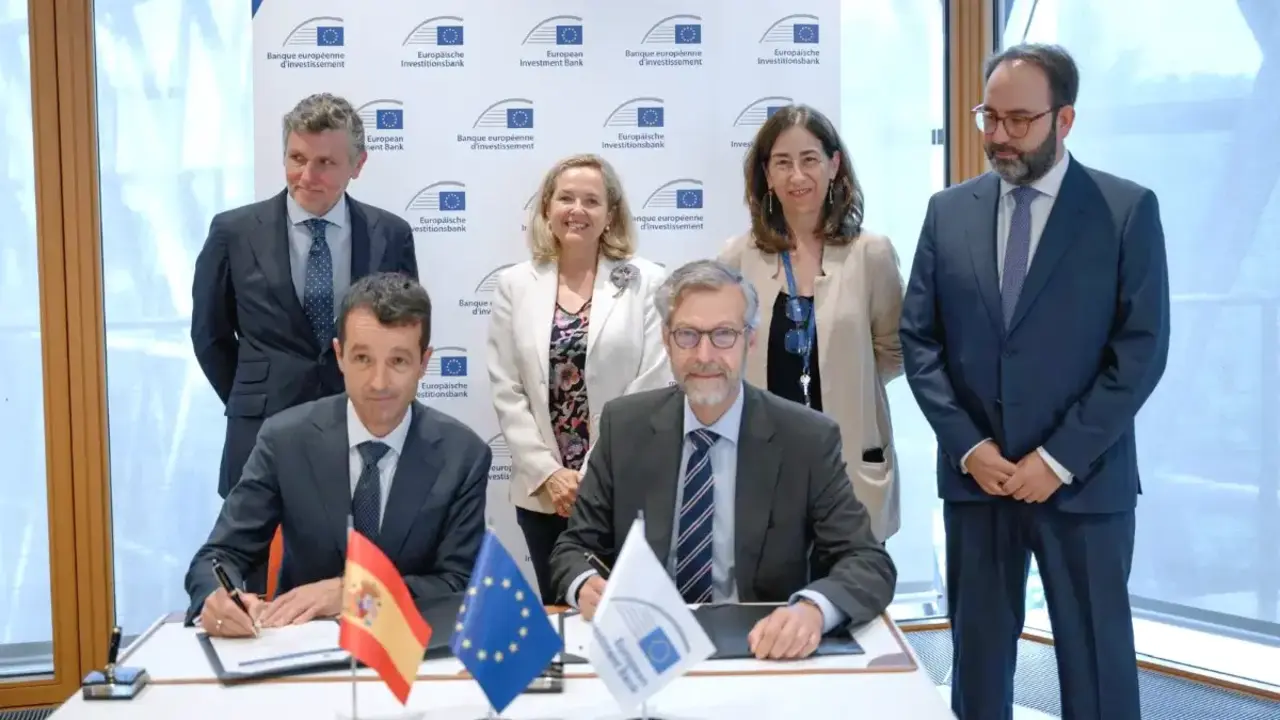The Exporters' Club proposes to improve Spanish development cooperation and encourage business participation

The Spanish Exporters and Investors Club believes that a change of mentality is needed in Spanish institutions and official bodies to correct the scarce presence of private companies in the implementation of development cooperation projects undertaken with official funding. The UN, in its Agenda 2030, considers companies to be essential actors in achieving the goals set for economic and social development, and Spain must support this idea. In this sense, the Club is committed to providing development cooperation with a new inclusive concept in which both companies and NGOs can work hand in hand and complement each other.
In the opinion of the Exporters' Club, this new vision would make Spanish cooperation more efficient, effective, relevant and sustainable, and would contribute to improving Spain's image in aid recipient countries and facilitate the presence of Spanish companies in those countries.
In a new technical note from the Committee for Reflection on Internationalisation of the Exporters' Club, in which experts from the business world, academia and former senior government officials participate, the institution stresses that the modernisation of the Spanish system of official development aid requires profound changes to make it more comparable to the mechanisms of the main countries around us, which are also our competitors.
In Spain, Official Development Assistance (ODA) is largely channelled through contributions to supranational institutions, which are then responsible for implementing programmes and projects. In this way, "we lose our capacity to influence and decide on aid and, moreover, the perception that it is our country that has contributed to the implementation of development plans is substantially diluted", lament the authors of the technical note, Antonio Bonet and Rafael Ruiz-Villar, respectively president and coordinator of the Committee for Reflection on Internationalisation of the Exporters' Club.
In 2018, 64% of Spanish official development assistance went to multilateral institutions, and only 27% went directly to bilateral programmes with countries. These proportions, the authors argue, are quite different from those found in OECD countries, where, on average, 49% of their development cooperation funds go to bilateral programmes.
A recent survey carried out by the Exporters and Investors Club among member companies active in the supply of goods, services and works in international cooperation projects shows that the Spanish Agency for International Development Cooperation (AECID), the main Spanish institution in this field, maintains a clear focus on NGOs, to the detriment of companies, in the programmes it finances.
However, in other neighbouring countries, official development aid programmes are largely implemented by private companies.
This is compounded by an image of business "tarnished by a certain quixotism, in which profit-making is seen by certain social groups as lacking in social vision, selfish and far removed from the common good", the note points out.
In the opinion of the experts, development cooperation policy should fulfil four objectives simultaneously: contribute to achieving the SDGs, facilitate the implementation of international state policies, enhance the image of Spain in the beneficiary countries of Spanish aid, and promote the penetration of Spanish companies and technology in the beneficiary countries of Spanish ODA.
They also consider it a priority to increase bilateral programmes in line with what other countries are doing, even though this may imply a decrease in contributions to multilateral institutions.
In order to boost the participation of Spanish private companies in development cooperation projects, the Reflection Committee on Internationalisation recommends significantly increasing the quantity and quality of information on the destination of official Spanish development aid funds, and redefining the strategic objectives of Spanish cooperation to align them with the strategies adopted by neighbouring countries.
Another way to encourage the presence of Spanish companies in this type of project would be for Spain to significantly increase technical assistance programmes, as other OECD countries do, aimed at encouraging private sector activity in developing countries and emerging economies. In this sense, it would be very helpful to re-establish mechanisms for Spain to once again make non-refundable donations to certain countries for project feasibility studies (infrastructure, transport, water and sanitation, hospitals, renewable energies, etc.). "This would be an extraordinary instrument to encourage the participation of Spanish companies," the experts conclude.








